Angie's List and NextDoor's Favorite: 2017 -2024
The Most Common Plumbing Problems During the Holidays:
Water Heater Not Heating Dripping Outdoor Faucet Clogged Drain, Slow Drain & Sewer Backing Up Broken Garbage Disposal
What About My Water Heater Heater Not Heating
Water heaters don’t last forever, and they have a tendency to fail during the winter months when they are working overtime to heat cold water. Today most water heaters have a life expectancy of about 10 – 14 years. A standard water heater warranty is 6 years. If you’ve already had your water heater for close to 10 years, it may be time for a water heater replacement. At a minimum, have a water heater inspection or service your water heater. A water heater service comes with a water heater flush which will remove sediment and we will perform several checks of your water heater unit such as proper ventilation, proper drainage, pan inspection and the like. Waxahachie and all of Ellis County is known to have especially hard water. Hard water will corrode your pipes and damage your water heater over time. Sediment builds up in your water heater and causes corrosion which will shorten the life of your water heater. Some other reasons your water heater is working overtime in the winter includes:
• Standing Heat Loss:
Most homes around Waxahachie keep their water heater in a part of the house that’s not adequately heated like the attic or the garage. The cold air surrounding the tank of your water heater means the water heater must run longer to replace this heat so we see water heaters breaking and the water heater not heating more in the winter.
• Colder Water:
Freshwater entering your home is a lot colder during the wintertime. When cold water enters the tank, your unit works harder to warm the water. This means the water heater is working overtime to keep hot water coming to your taps.
• Tank Needs To be Flushed:
Over time, sediment builds up in the bottom of your tank because of the minerals in your water supply. This makes it more difficult to heat the water. Flushing your tank annually or every few years boosts your water heater efficiency & keeps you protected from a broken water heater.
• Need to Insulate the Tank and Pipes:
Adding insulation to the tank of the water heater and the pipes connecting to it will keep the heat inside the water heater rather than escaping, causing the water heater to be overworked.
Consider Upgrading: If you notice a decrease in the performance of your water heater, like the water isn’t getting hot or it takes a long time to heat the water, it might be time to get rid of your water heater and avoid a broken water heater at just the wrong time.
Outdoor Faucet Dripping
Winterizing your outdoor faucet, also known as a hose bib or water spigot, is a simple project. A frozen outdoor faucet can cause serious water damage to your home and property. Luckily it is easy to prevent a frozen faucet. Thankfully, avoiding a frozen outdoor faucet is easy. Winterizing is not expensive and you can do it yourself. A few minutes now can save you time, money & frustration.
Do I Need to Winterize my Outdoor Faucets?
Water expands as it freezes, so if the water is inside your pipes when the temperature drops below freezing, the ice will expand and you will find yourself with a burst pipe. While the problem may not be immediately obvious (especially if the leak is inside the wall), a clear indicator that there’s an issue is if the water faucet is spraying everywhere.
If you see water around the spigot or inside your house, call your local plumber immediately! Waiting too long to fix the issue can result in extensive damage to your home.
3 Steps to Avoid a Frozen Faucet During Winter
1. Disconnect Your Hoses in fall
This step is important because a connected hose holds water even when the faucet is turned off. When the temperature drops, the water freezes inside of the hose and pipe and can burst. We often see instances where the break happens in winter but people don’t notice until spring when they turn on the outdoor faucet. Depending on where the break is you can get water spraying inside or outside your home when you turn the water on.
2. Use an Outdoor Faucet Cover
Disconnecting the hose is important, but doesn’t completely solve the problem – you also need a faucet cover. Luckily, most hardware stores carry inexpensive Styrofoam covers that keep your faucets isolated and protected from the winter elements.
Simply purchase and install based on the manufacturer’s instructions, making sure to secure it tightly in place. This little step can save you a lot of frustration and potential water damage.
3. Install a Frost-Free Faucet
If you have already experienced problems or are looking for a more permanent solution, you can talk to your plumber about replacing your faucet with a frost-free spigot. This is an outdoor faucet designed to operate in freezing temperatures. You still need to disconnect the hose in the winter. A frost-free faucet can break if the hose is left connected because the water stays trapped in the faucet head and pipe. You won’t notice you have a problem until spring when you turn on the faucet.
Clogged Drains
Why do drains clog more around the holidays?
….Holidays often mean more people and increased use of the sewage system or septic drains.
Here are some Holiday Plumbing Tips to Avoid a Clogged Drain:
• Cover your drains with strainers to keep items from entering the pipes and clogging your drains or causing slow drain issues.
• Run hot water down the drain after each use. This will help flush away any new buildup as opposed to debris sticking to the sides of the pipe causing a clogged drain.
• Add a handful of baking soda to your drains and follow with hot water. Baking soda is a great natural cleaner and will help remove odors coming from your disposal or a bad smell coming from your sink. Vinegar is another great natural cleaner for drains helping keep drains from clogging or to avoid a bad smell coming from your drain.
Broken Garbage Disposal
• Avoid putting any grease or oil down the garbage disposal. It could solidify inside the drain, causing a potential clog in your drain or clog the garbage disposal.
• Don’t put potato or squash peels down the garbage disposal. They tend to get stuck within the drain and could potentially cause a stoppage in your garbage disposal or cause your sink to drain very slowly.
• Avoid putting rice or pasta down the garbage disposal. The rice and pasta could potentially expand within the drain and cause a clog in the drain or break your garbage disposal.
• Don’t put fibrous materials such as celery, corn husks, potato peels, etc. These fibrous materials will get stuck around the blade. When fibrous materials get stuck, this will cause a garbage disposal jam and will eventually wear out the garbage disposal motor.
A few preventative steps today can save you time, money and effort at the worst time to have a broken water heater, a water heater not heating, a Dripping Outdoor Faucet, a Clogged Drain, Slow Drain or backed up sewer line, or a Broken Garbage Disposal.
Call a trusted plumber like Duncan Plumbing Solutions right away if you have a gurgling toilet, water heater not heating, or if your faucet is broken or you need help winterizing it. We will help you decide what works best for you, your family and your home. You can also check out our other Holidays Plumbing articles ways to prevent frozen pipes for more things you can do to protect your home this winter.
The post Holiday Plumbing Tips to Avoid the Most Common Plumbing Problems appeared first on Duncan Plumbing Solutions.

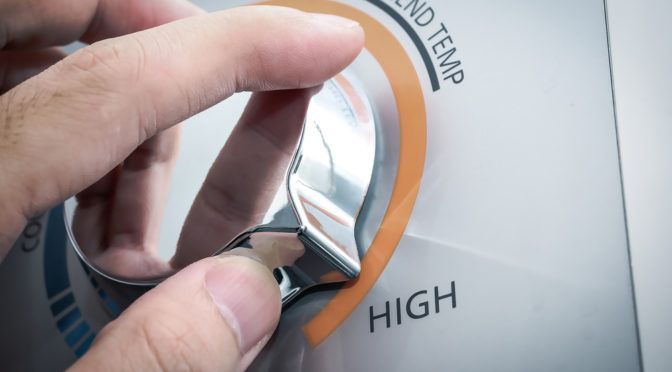
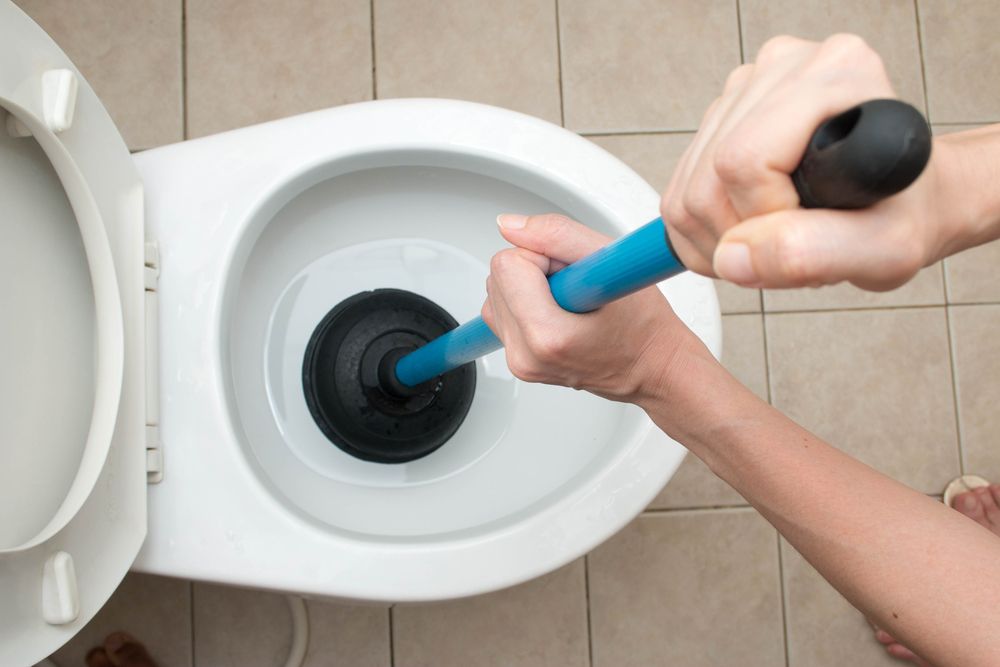

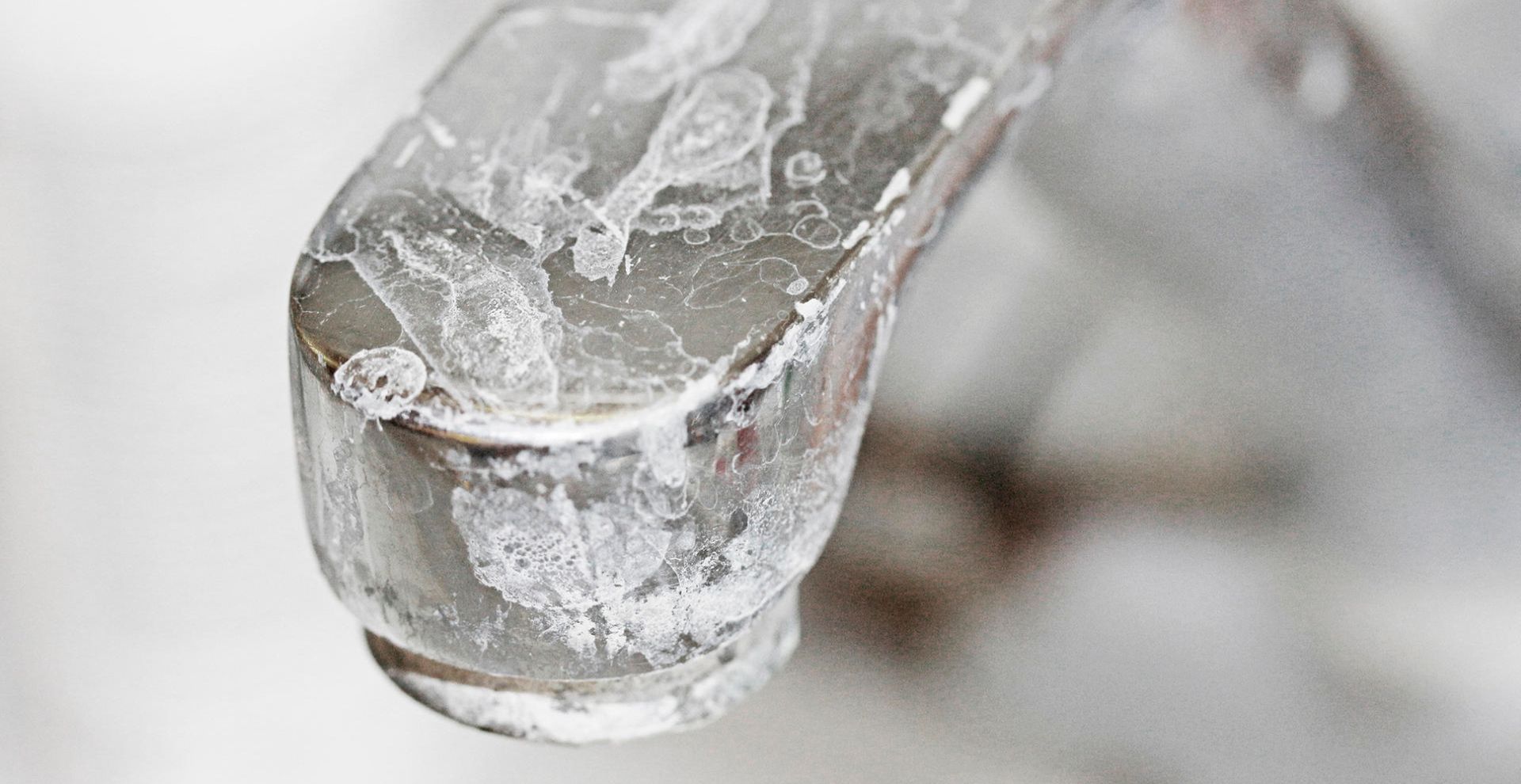
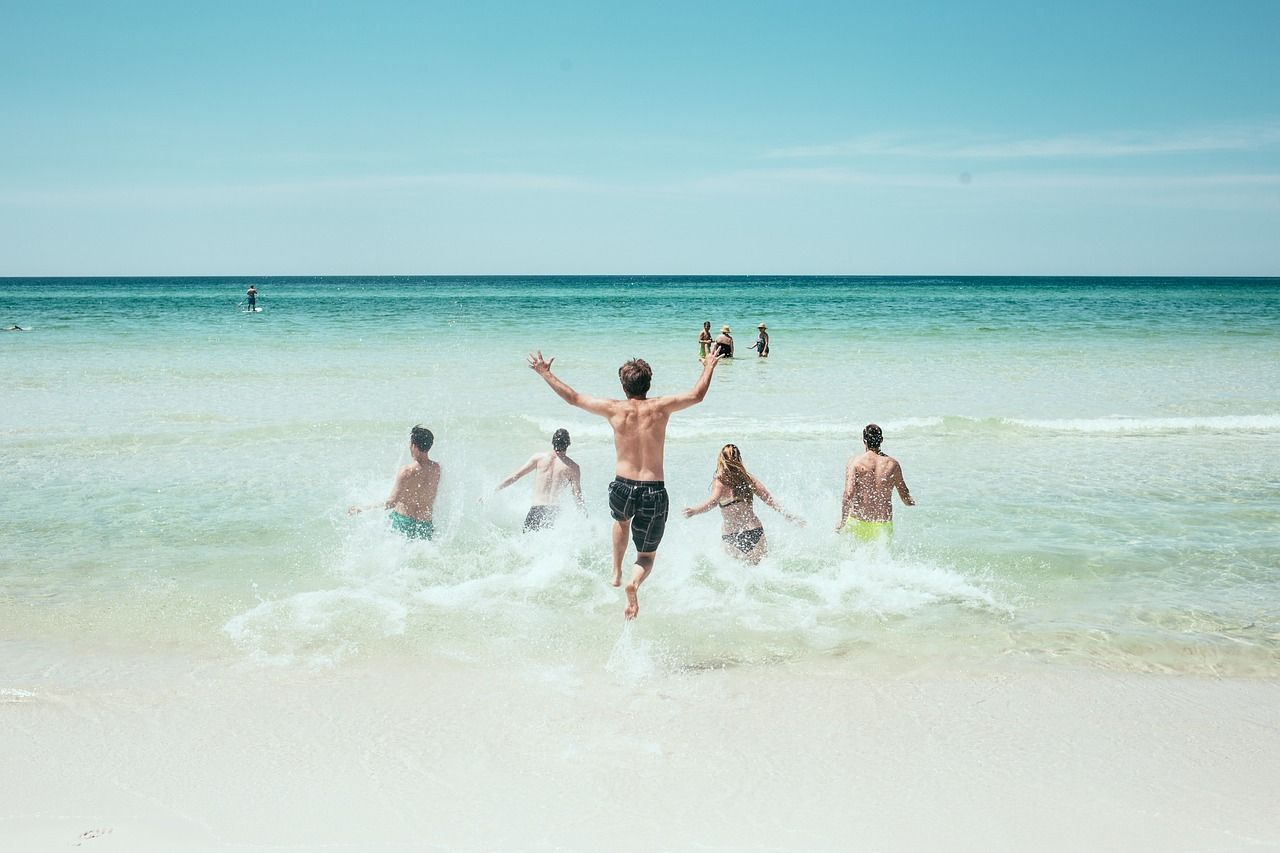
SERVING
and Surrounding Areas

HOURS
Hours:

CONTACT US
Master License # M-39624


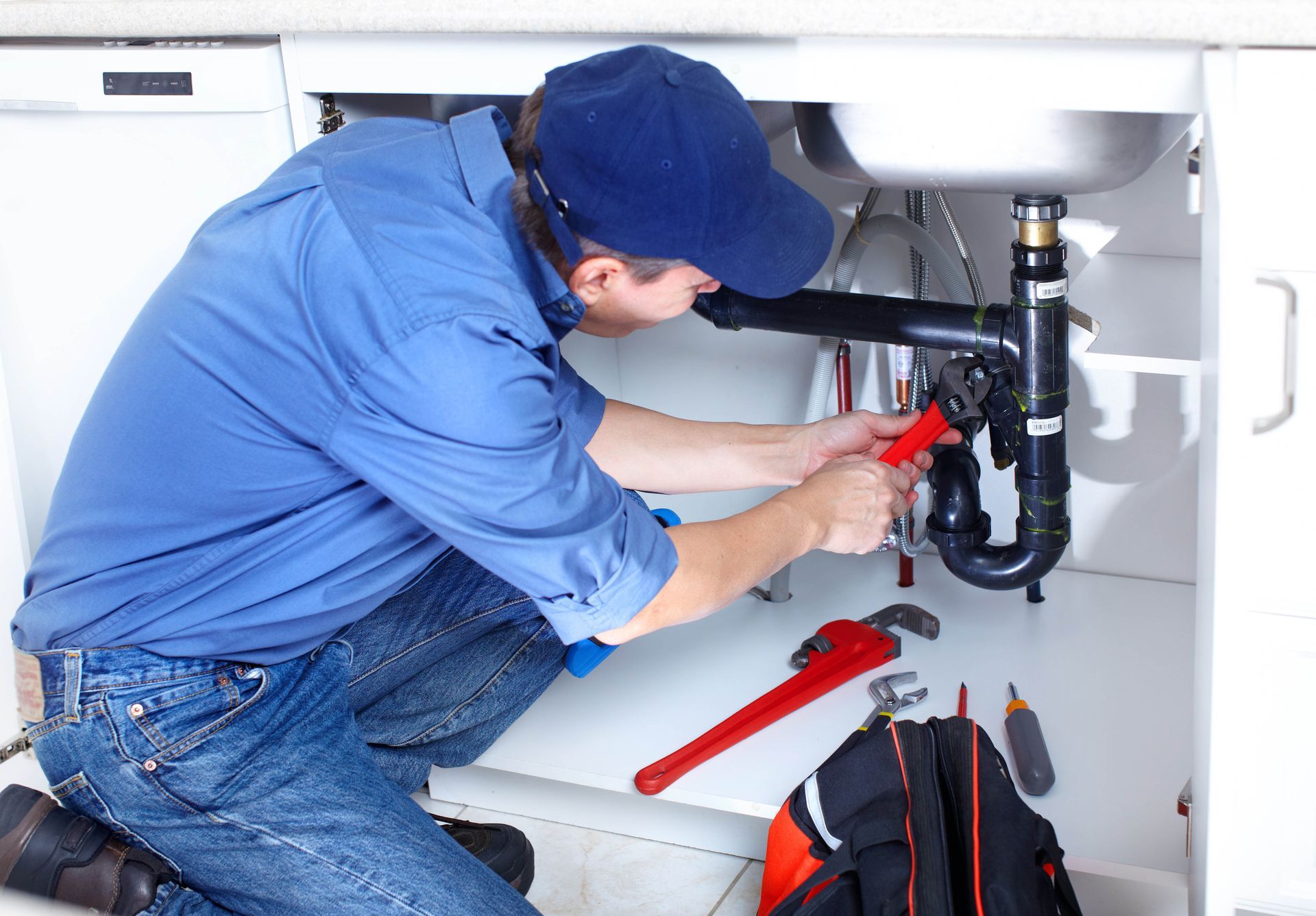




















Share On: